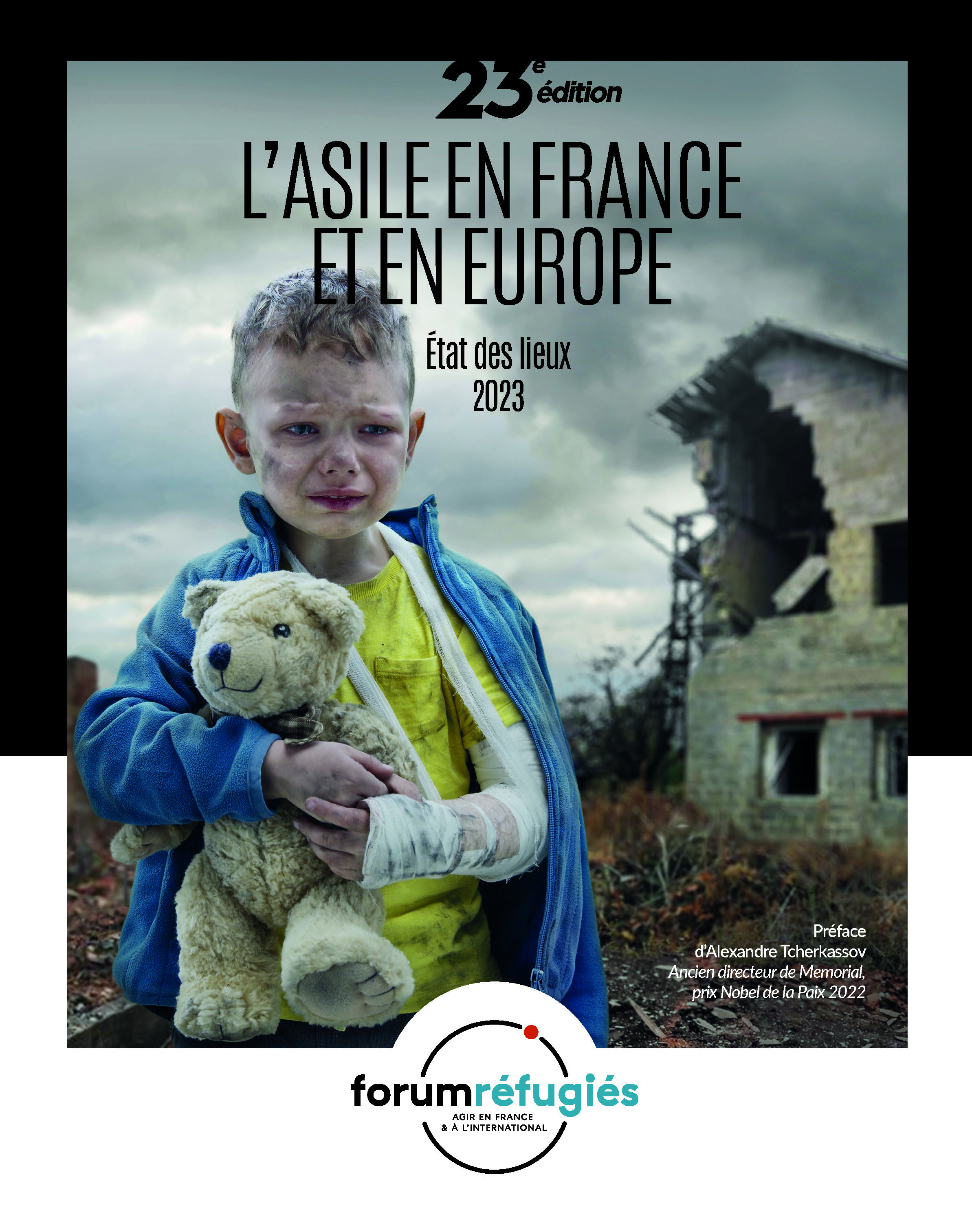Pathways for Family Reunification for trafficked women international protection beneficiaries in Ireland
The European project TRIPS has brought together non-profit organisations from France, Ireland Italy, Czech Republic and Belgium to work on how best to support and assist beneficials of international protection who have been trafficked.
Ireland does not participate in the Family Reunification Directive. The eligibility of BIPs to family reunification is only provided in respect of limited categories of family members and applications must be submitted within 12 months of a grant of protection status. If the sponsor is an adult, they are entitled to apply for reunification with their spouses /civil partners and their unmarried children. If the sponsor was an unaccompanied minor at the time of the application for international protection, they are permitted to apply for their parents and their parents’ unmarried children. Upon arrival, family members generally enjoy the same rights as the BIP, although a residence permit is issued for a shorter period of time. At the time the 2015 Act was proposed, the Immigrant Council of Ireland (2015) observed the reduced duration of the residence permits granted to family members in comparison to the BIP and warned that the permit will be terminated when the sponsor ceases to be a ‘qualified person’ (or a BIP). The reunification with a married spouse or a partner is also less favourable than the provisions of the Qualification Directive, in that only couples in relationships existing on the date the application for international protection was made are eligible to apply.
The legislation does not provide for the rights and entitlements of family members to remain in the State in the event of future changes arising from, for example, relationship breakdown, the death or departure of the BIP from the State. Such matters are dealt with on a discretionary basis by the Minister for Justice. The provisions of the International Protection Act 2015 curtailed the family reunification rights previously provided for under the Refugee Act 1996 (as amended) (Arnold and Quinn, 2017). The legislation removes the possibility for the BIP to apply to be joined by family members who are not on the explicit list of eligible relations. Previously, it was permitted to submit applications in respect of other dependent family members. However, such applications may be made under other discretionary schemes such as IHAP (referred to above) or discretionary visa applications. The reunification with minor unmarried children is limited to the biological children of the sponsor only, as opposed to any children of their spouse/civil partner, which is a standard in the Qualification Directive (Article 2(j)). Minor BIPs applying for family reunification can only be joined by their parents and without the possibility to be reunited with ‘another adult responsible for the [minor] beneficiary of international protection whether by law or by the practice of the Member State concerned’, as provided in the Qualification Directive (Art.2(j)).
There are no application fees for family reunification applications, although visa application fees must be paid if and when applications are approved. There are no mandated processing times for applications and in general applications take in the region of 12 months to 2 years depending on the circumstances, in particular if DNA testing is required. These processing times may be affected if legal issues arising during the processing of applications and court proceedings are required in order to clarify matters arising. Currently there are several legal challenges before the Irish courts relating to various BIP issues arising in family reunification cases, including the 12 month rule, the definition of qualifying family members and the interpretation of the ‘vulnerability’ provisions of section 58, International Protection Act.
As noted previously, there is no civil legal aid available to assist BIPs with family reunification applications, including the costs associated with obtaining supporting documents and any necessary translations, or visa applications. Following approval, BIPs may access some financial support through the international travel assistance programmes available through international organisations (UNHCR, International Red Cross, etc.). On arrival, families are not provided with post-arrival or integration supports. It is worth noting that unlike BIP, victims of trafficking do not have any entitlement to be joined by family members, including immediate spouse/partner or minor dependent children. A visa application may be submitted but will be considered in accordance with INIS policy guidelines and determined at the discretion of the Minister for Justice.
This pathway has been noted by NGOs involved in the TRIPS project as sometimes being a barrier in terms of integration. The toolbox of the TRIPS project will be addressing this issue and other specific need of trafficked BIPs through the provision of information on practical guidelines to practitioners in their work and support of such vulnerable group.
This article was elaborated as part of the TRIPS project – identification of TRafficked International Protection beneficiaries’ Special needs by Immigrant Council of Ireland, It is part of a series of articles on the TRIPS project elaborated by each project partner: Churches’ Commission for Migrants in Europe, Italian Council for Refugees, Organization for Aid to Refugees, Forum réfugiés-Cosi,
For more information on the European project TRIPS

![]() The content of this article represents the views of the author only and is his/her sole responsibility. The European Commission does not accept any responsibility for use that may be made of the information it contains.
The content of this article represents the views of the author only and is his/her sole responsibility. The European Commission does not accept any responsibility for use that may be made of the information it contains.

